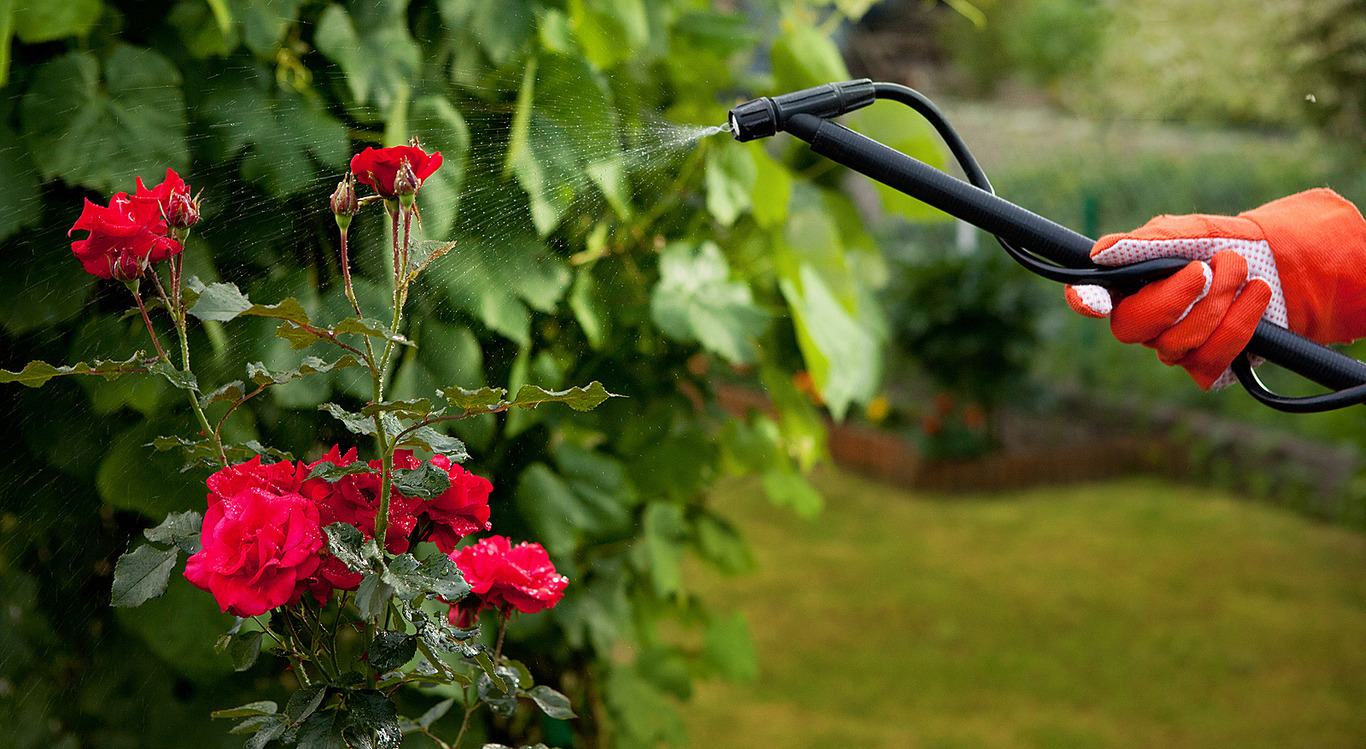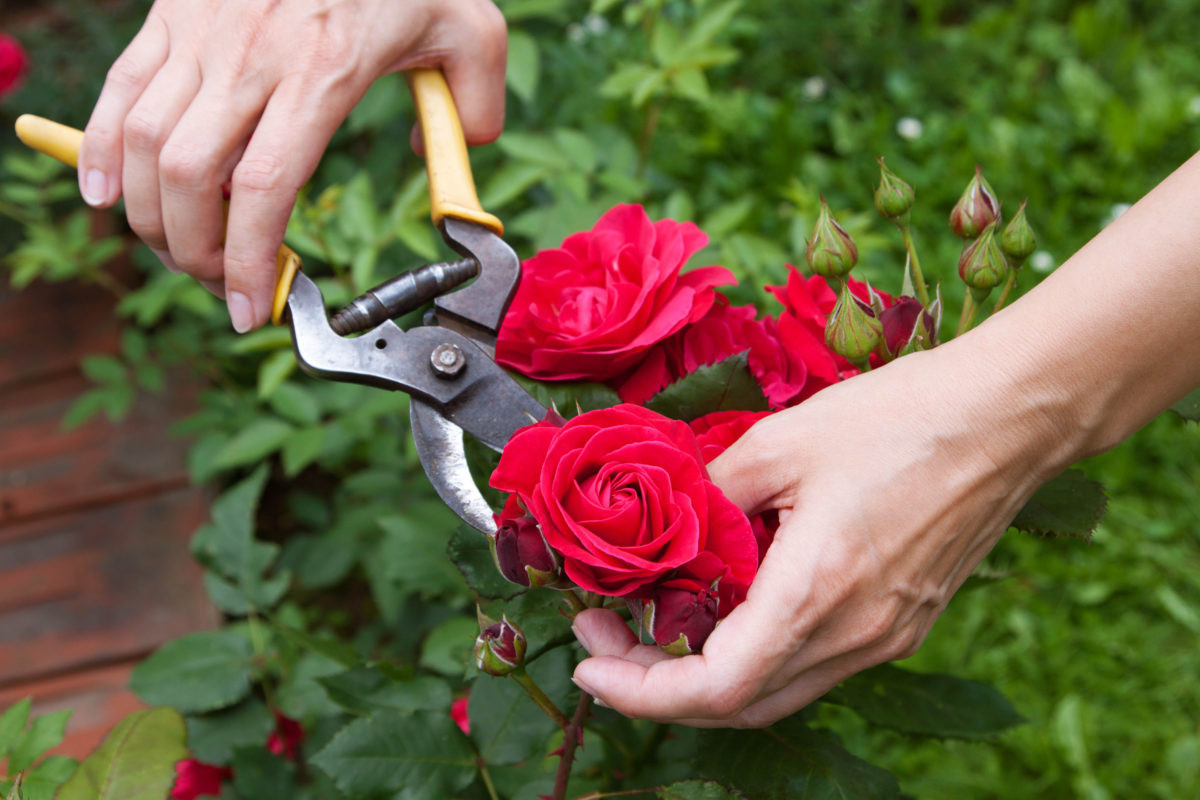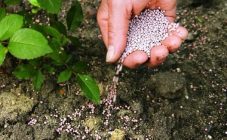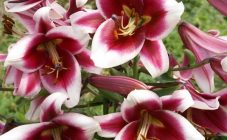Content:
Rose is a very beautiful plant that has incredibly beautiful flowers. Indeed, their terry buds can rarely leave anyone indifferent. But at the same time it has a complex disposition and high requirements in the field of care. Every little thing matters in caring for this flower - one wrong move, and the flower begins to wither, or even dies altogether. To avoid this, special rules and recommendations must be followed in caring for a rose.
General rules for caring for roses
In order for roses to delight you with their flowering and healthy appearance, you must follow the basic rules for caring for this plant. Only an integrated approach will help grow beautiful flowers, so let's look at the basic conditions for growing roses at home.
- Usually, when they want a quick result, the plant is planted in black soil. But this doesn't work with roses. Yes, the bush will be lush and large, but making it bloom will be problematic. If you want the flowering to be abundant, then you need to be smart about the choice of soil. Remember that roses love loam - soil that contains some of the clay. But black soil is a bad option for this flower.
- An important part of caring for this plant is pruning the bush. Here you need to cut all the weak and thin shoots without regret. Because if you leave too much, then the bush will grow poorly. Also, the middle of the bush should be well cleaned - this is done to prevent diseases.
- Top dressing for roses in summer is one of the key moments in growing roses. Feeding starts in spring and ends in the fall. All sorts of means are used, from purchased ready-made fertilizers to urea and ammonium nitrate of our own production.
- Watering this fastidious plant should occur about once a week, but if the weather is especially hot, then you can increase the watering frequency and do it every 4-5 days. It must be remembered that watering should be done strictly in the evening, and only at the root, because when moisture gets on the leaves, it leads to various diseases. The water should be at room temperature - cold water can harm the roots. Watering too often can seriously harm the plant.
- Most often, roses are sick with powdery mildew and black spot. To prevent this, flowers should be treated with special preparations. In addition to these diseases, the plant often suffers from aphids. You can also get rid of it with drugs.
- When the inflorescence withers, it must be cut off, with the help of this you stimulate the growth of new shoots and accelerate the appearance of new flowers.
Why fertilize roses
Why feed roses? Here is one of the first questions newbies ask. After all, many plants can survive even if they are not fertilized. But the rose is not one of them. This is a very capricious plant that is sensitive to what is happening around it. That is why there is a whole system of how and in what sequence it is worth fertilizing this flower. You should also know what types of fertilizers you need to use and how they act on the bushes. To fertilize roses, they usually use:
- nitrogen - it stimulates the growth of leaves and shoots and improves the budding process;
- phosphorus - promotes abundant flowering and easy wintering;
- potassium, iron - help to retain water and resist disease;
- trace elements - strengthen the rose;
- organic - nourishes the bush with various useful elements.
How to feed roses in June for lush flowering in the garden: preparations, folk remedies
When spring has passed, the novice gardener has a question - how to feed the roses in the summer. Let's start with how to feed the roses in June for a lush bloom in the garden.
It is in this summer month that the active process of budding begins, so the use of fertilizers with nitrogen is simply necessary. From folk remedies, fertilizer based on cow dung or chicken dung is especially popular. This folk remedy is quite simple to make - you just need to dilute the manure with water in a ratio of one to one and insist for about a week. And then just add it to the soil by the root method.
Top dressing of roses with ash in summer is especially popular. Such recharge gives a good effect. There are two ways to fertilize a plant with ash:
- Fertilizing the soil by root method. For this, the ash is dissolved in water. It should be insisted for a week, and then the white sediment should be removed (it changes the acidity of the soil). Then this infusion can be poured into the root zone.
- Fertilizing a bush using a foliar method. Ash must be boiled in water for 15 minutes, after which the broth is filtered and poured into a spray bottle. After that, you can go to spray the bush.
Tips and tricks from experienced gardeners
- Experienced gardeners advise you to start your journey in growing roses by buying plants in containers. In such bushes, the root system has already been cut off as needed, which means that you will not damage the flower.
- Focus on one thing. Each variety of this capricious flower requires special care and preparation, and if you are a beginner, you can easily go wrong and cannot grow either one or the other.
- Choose the ideal planting site and carefully prepare the soil to meet the needs of the roses.
- It is best to plant roses in spring, right after the last frost. It is advisable to choose a not too sunny day.
- Despite the fact that modern varieties of roses practically do not need pruning, the plant must be monitored. Sometimes roses develop wild shoots that need to be disposed of.
- Choose varieties that are resistant to diseases. Well, if you have already bought plants that are not resistant in this regard, then properly process with copper sulfate to avoid problems.
- Fertilize the rose bush in time.
Here are, perhaps, the basic rules that will help the novice gardener cope with the difficult nature of the plant and conquer it. If you act wisely and follow all the recommendations, then the fruits of labor will not take long and roses will bloom in the garden.















